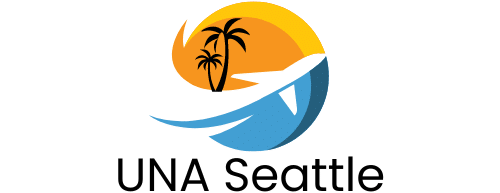unaseattle
June 11, 2024
Which Scottish islands are best for a wildlife safari?
News
Good deal
Are there any budget-friendly guided historical walks in Nottingham?
As you plan your upcoming trip to Nottingham, you might be wondering how you can experience the city's rich history without breaking the bank. You're...
Read more
How can one find affordable antique shopping areas in Bath?
Bath, a city steeped in history and architectural splendor, is home to a plethora of street markets and shops, offering a treasure trove of antiques...
Read more
Which coastal towns near Brighton offer low-cost paddle boarding options?
Paddleboarding has emerged as a popular pastime in recent years, and for a good reason. It combines the thrill of water sports with the tranquility...
Read more
Camping
How to choose a campsite that supports local conservation efforts in Wales?
Choosing a campsite is not merely about finding the perfect spot to pitch your tent or park your caravan. It goes beyond that. Today, we...
Read more
Cruise
Rental
Tourism
Vacation
Where can tourists engage in traditional Cornish wrestling workshops?
Discover a rich heritage of sport and tradition in the heart of Cornwall, as we delve into the Celtic world of Cornish wrestling. This is...
Read more
Which botanical gardens in Northern Ireland feature rare orchids?
Among the many diverse plant species that adorn our planet, orchids hold a special place. Their captivating beauty and mysterious allure have captivated human curiosity...
Read more
How can one arrange a guided tour of the ancient ruins in Anglesey?
Have you ever dreamt of exploring the mysteries of the past, walking through the remnants of ancient civilizations, and feeling the whisper of history in...
Read more
Travel
Copyright 2024. All Rights Reserved
